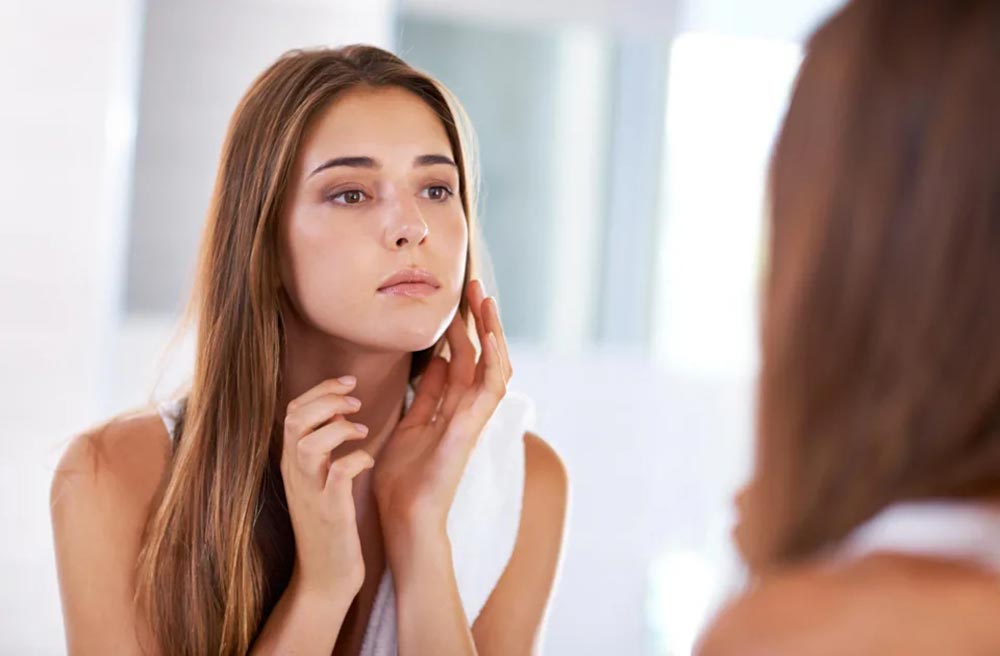Table of Contents
Acne is a problem that affects a lot of people, and it can be really tough to get rid of it.
Even if you manage to get rid of your acne breakouts, they will almost always come back. Some medications can help to keep them at bay, but many don’t have a long-term effect. Even if you do find something that is effective for Acne, in the short and long term, you will still likely experience new breakouts every so often.
If you spend enough time studying this topic, it quickly becomes apparent why getting rid of your acne breakouts is not as easy as most seem to think. This is because Acne is caused by an imbalance of skin bacteria. For this reason, sometimes people even become so desperate that they spend thousands of dollars on a fancy treatment, including antibiotics and natural ingredients.
Yet, in nearly all cases of acne, it will end with the breakouts returning just as soon after you finish your expensive regime. Many people have searched for creams or other products to eradicate this problem because their doctor has prescribed them ‘the right one.’
They are willing to spend lots of money on pricey creams, which claim to prevent new breakouts, but nothing usually happens.
What is Acne
Acne is a skin condition that affects the pilosebaceous unit or the sebaceous glands. These glands are responsible for producing oil and sweat, which helps to keep the skin lubricated. It causes red, inflamed lesions on the face, chest, and back. Acne is most commonly caused by an accumulation of oil and dead skin cells on the surface of the skin. They can also be caused by hormones, bacteria, and certain foods.
Acne is typically classified by its type of acne – comedonal, inflammatory, or nodular.
The most common type of acne is comedonal acne, which is characterized by blackheads and whiteheads. Inflammatory acne occurs when sebum, a mixture of fatty acids and cholesterol secreted by the sebaceous gland into the dermis, produces abnormal local environments. Inflammatory acne is caused by an overproduction of skin cells that causes pimples and redness. The inflammation usually becomes more extensive if it remains untreated while causing scarring on normal.
Nodular acne is a form of inflammatory acne that affects large areas of the skin and can be quite severe. It is typical in the skin that has a high number of comedones. The classic nodules form under the surface of the skin and usually have black spots on them (comedones). Nodulocystic acne causes painful areas around pilosebaceous units which cause redness and blemishes, especially near the chin, lower jaw or upper lip area or any other region where hair growth occurs.
5 Tips to Avoid Acne Breakout
There are a few key things that you can do to prevent or treat acne, including
1. Eat a balanced and healthy diet.
Acne is often linked to diets that are high in sugar and unhealthy fats. Reducing your intake of processed, high-fat foods and choosing a balanced diet will surely decrease your chances of getting acne. Fruits can also be beneficial in controlling acne. Berries are good sources of antioxidants that help promote healthy skin cells while preventing them from maturing into pimples. Darker berries (blueberries, blackberries) are especially rich in seeds that fight these fast-growing bacteria. Try to stick to foods low in sugar and processed foods, and make sure to include plenty of vegetables.
2. Avoid using too many harsh chemicals on your skin.
Many people with acne use harsh chemicals to treat their skin, which can be very damaging. Acne can form from blocked pores, resulting in excess junk being trapped under the skin’s surface that may cause irritation or pimple breakouts (especially during sensitive times of hormonal changes). It’s rather important to balance treating your skin with chemicals and healthy alternatives. Try using natural methods such as using tea tree oil or benzoyl peroxide to clean your skin and clear up your complexion.
3. Keep your skin hydrated.
Make sure to drink plenty of water and avoid excessive caffeine and alcohol consumption, both of which can dehydrate your skin.
4. Use sunscreen every day.
Sun exposure is one of the main reasons why people get acne, so it’s important to use sunscreen every day when you’re outside. Make sure the sunscreen you choose is broad-spectrum and SPF 30 or higher. If you have sensitive skin, it is also important to avoid using products that contain heavy fragrances and synthetic chemicals.
5. Use a good facial cleanser.
Not just something from your kitchen cabinet or drugstore brands- dermatologist approved cosmetic remover wipes will be more gentle on your skin to soothe inflammation, targeting acne lesions caused by bacteria that thrive in alkaline environments, like benzoyl peroxide. After that, you can follow up with an effective mask. It is important for clearing the skin naturally without irritating it further.
Takeaway
Acne is a nightmare that most of us have faced at some point or the other. Trying to decipher the reason behind any breakouts, using some new and expensive products or even changing your diet is a challenge. Anything that can be done must be tried in an attempt of getting rid of acne successfully. It can be quite embarrassing and make you feel ugly and unclean. However, there are ways to avoid acne, all of which are easy to do. Apart from following a healthy diet and exercise routine, you can also partake in acne clinical trials if you are looking for an effective and safe way to get rid of your acne problem.
